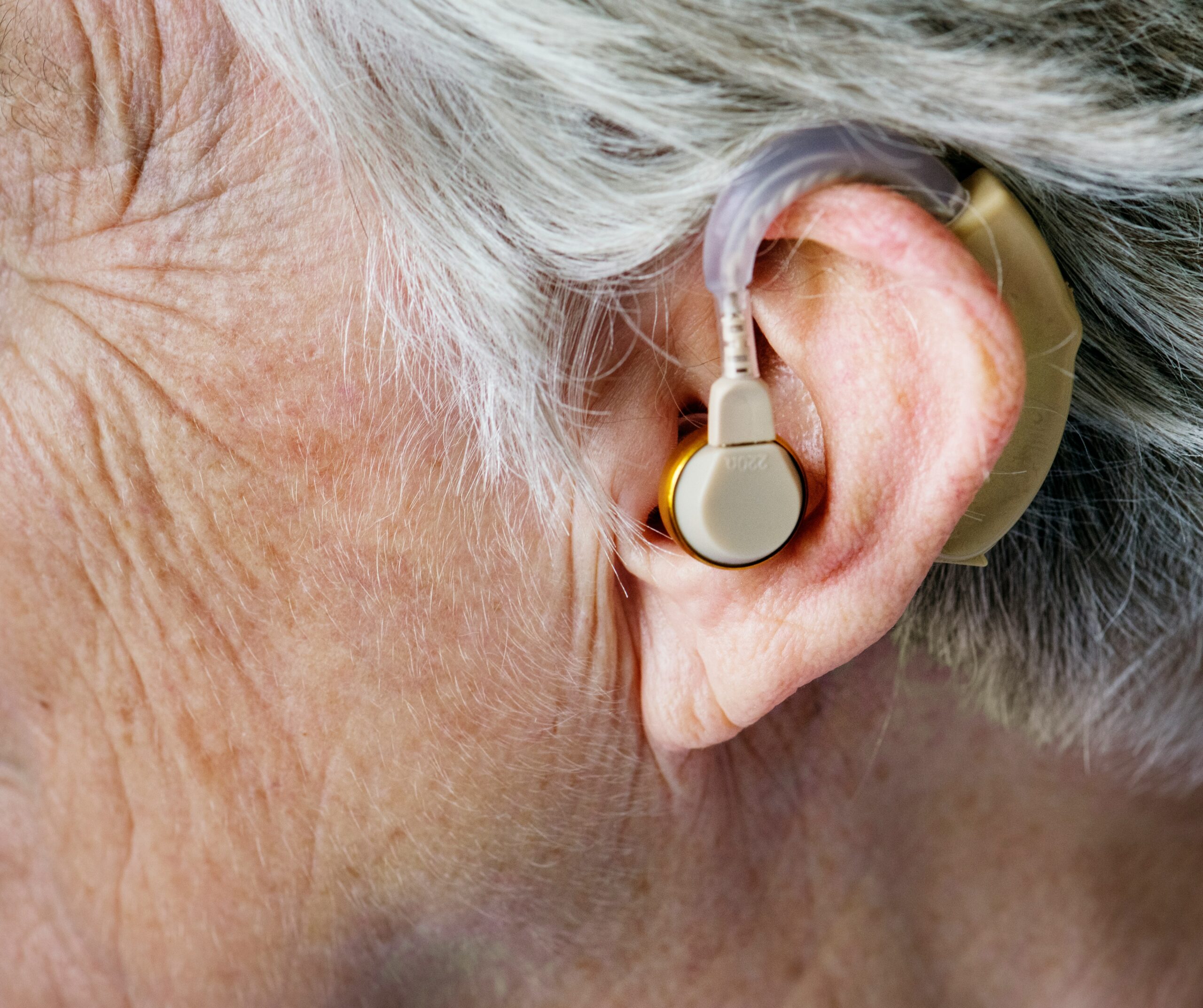
Live music can be one of the most exhilarating experiences for fans of all ages. However, you might damage your hearing without even realizing it while getting lost in your favorite band’s performance. Loud music at concerts can easily exceed 100 decibels; without proper precautions, even short-term exposure can lead to permanent hearing loss. Fortunately, with the right strategies, music lovers can still enjoy live events while keeping their hearing intact.
Why Hearing Protection Matters at Concerts
The volume levels can be dangerously high, whether you’re attending a stadium show or an intimate club gig. Exposure to sounds above 85 decibels for extended periods can damage sensitive hair cells in your inner ear. Once destroyed, these cells don’t regenerate. That means hearing damage is often permanent.
Hearing loss doesn’t happen overnight. It develops over time, especially if you’re a frequent concertgoer or music festival enthusiast. Even worse, you may experience symptoms like ringing in the ears (tinnitus) or muffled hearing after a night out. Thankfully, using hearing protection can drastically reduce your risk of long-term damage.
Choose the Right Earplugs for Live Music
One of the easiest ways to protect your ears at concerts is to wear high-quality earplugs. Unlike the foam plugs used for sleeping or construction work, musicians’ earplugs are designed to reduce volume evenly across frequencies. This means you’ll still hear the music clearly, at a safer volume.
Reusable earplugs with acoustic filters are a great option. They’re often comfortable, discreet, and designed specifically for concert environments. These earplugs lower the sound by 15–25 decibels, which can make a massive difference without ruining your experience.
If you’re unsure which type suits you, try different models before attending a show. Brands like Etymotic, Loop, and Vibes offer music-specific options that are both effective and stylish. Investing in a good pair now can save you a lot of trouble later.
Know the Signs of Unsafe Sound Levels
Most people don’t carry a decibel meter to concerts, but you can still recognize when the volume becomes dangerous. If you have to shout to speak with someone just a few feet away, it’s too loud. Another indicator is a ringing or buzzing sound in your ears during or after the show.
Many smartphone apps can also measure sound levels. These tools help you determine when it’s time to insert your earplugs. Remember, hearing damage can begin after just 15 minutes of exposure to sound levels above 100 decibels. So stay alert and take action quickly.
Recognizing unsafe sound levels allows you to enjoy your time without regrets. Don’t ignore the warning signs—your hearing deserves the same attention you give your favorite band.
Find Safer Spots at the Venue
Where you stand during a concert can significantly affect how much noise reaches your ears. Avoid standing directly before speakers or subwoofers, which deliver the most intense sound pressure. Instead, try positioning yourself toward the back or sides of the venue.
Balconies and raised platforms often offer a more balanced sound experience. These locations can be great for both listening and protecting your hearing. You’ll still enjoy the show, but reduce exposure to harmful volume levels.
Use it periodically if the venue provides a quiet zone or chill area. Stepping away for a few minutes gives your ears time to recover. A short break every hour can reduce the overall impact of prolonged exposure.
Give Your Ears Time to Recover
After a high-volume concert, your ears need time to rest. Recovery is just as important as protection during the event. Avoid using headphones or attending another loud event for at least 24 hours. This break allows your hearing system to recover from the temporary stress of the concert environment.
Hydration and sleep can also support recovery. Staying well-rested improves your body’s ability to heal and helps reduce symptoms like ringing or pressure. Some people use white noise machines to ease temporary tinnitus, which may occur after loud events.
Also, if you notice ringing or muffled hearing persists for more than a day, visit an audiologist. Early intervention can prevent further damage and improve your chances of recovery.
Protecting Young Music Fans
Kids and teens are especially vulnerable to noise-induced hearing loss. Their smaller ear canals amplify sound pressure, making loud music even more dangerous. If you’re bringing younger fans to a concert, make sure they wear proper hearing protection from the start.
Many companies offer child-sized ear defenders and filtered earplugs. These are comfortable, safe, and effective. Teaching young concertgoers about hearing safety builds lifelong habits that protect their health as they grow.
Explain the risks in simple terms and lead by example. When they see you wearing earplugs, they’ll understand it’s a regular and smart choice, not something to be embarrassed about.
Balancing Fun with Responsibility
Enjoying live music doesn’t mean sacrificing your hearing. By taking a few easy precautions, you can stay safe without losing the thrill of the experience. Concert hearing protection isn’t about muting the music—it’s about ensuring you can enjoy it for years.
Music is meant to be a joy that lasts a lifetime. But lifelong enjoyment requires mindful habits. Every choice you make from wearing earplugs to choosing the right spots at the venue adds to stronger, healthier hearing.